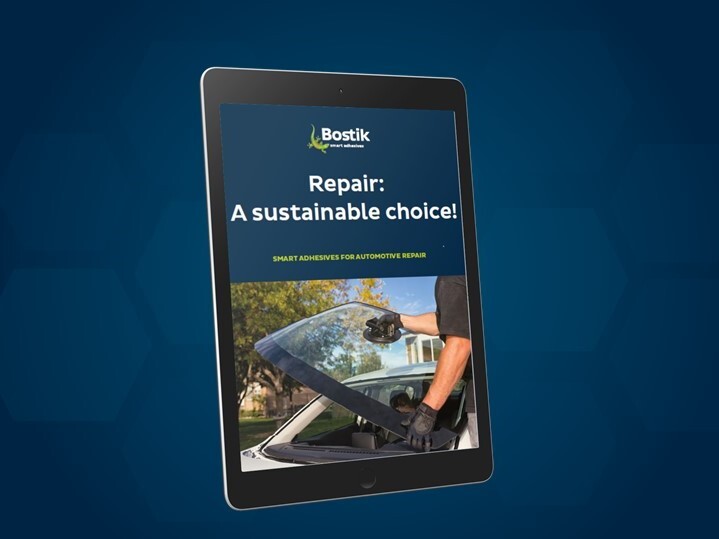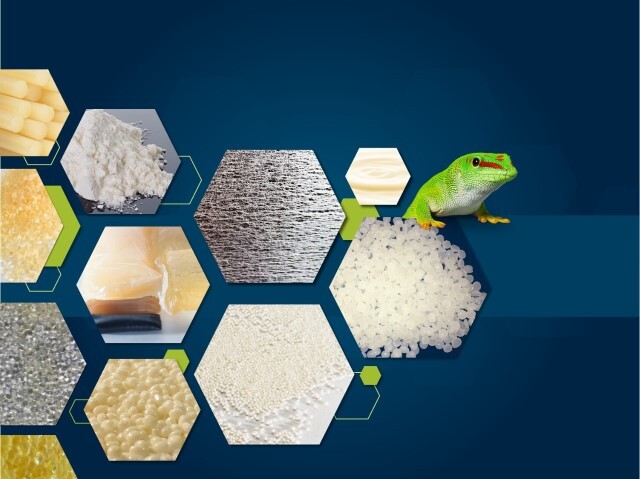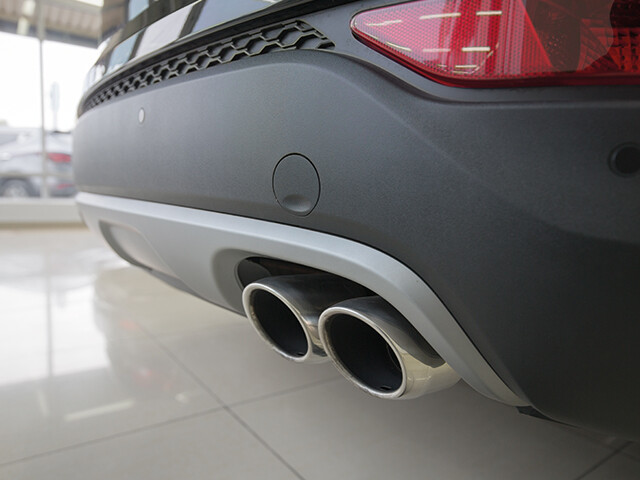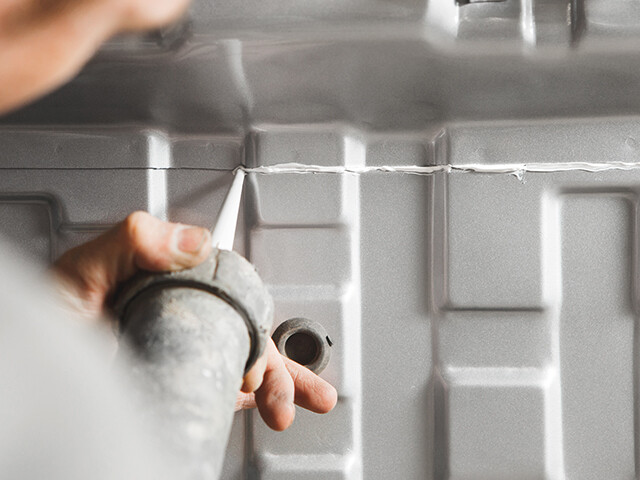Instant Repair
Adhesives
Smart adhesives for instant repair
Our innovative, instant repair adhesives based on a variety of technologies, such as two-component polyurethane and two-component methyl methacrylate (MMA) as well as ECA and MECA formulations, make it easy to conduct part repairs without needing a full replacement.
When using a two-component polyurethane, you can:
- Streamline production efficiencies and reduce number of references with immediate adhesion to multiple substrates and short driveaway time
- Extend product shelf-life with both strong bonding and high flexibility
When using a two-component MMA, you can:
- Improve processes with primerless adhesion and the ability to bond to difficult plastics
- Increase passenger comfort with low odour formulations
When using an ECA or MECA-based Born2Bond™ adhesives, you can:
- Enhance aesthetics with quality finish and low blooming
- Increase efficiencies with gel consistency for application in in any orientation and immediate sandability
Featured product: XPU 20102
Frequently Asked Questions about instant repair adhesives

What is Born2Bond repair?
Born2BondTM Repair is a patented, gap-filling, instant adhesive and repair product with excellent adhesion to a very broad range of materials and surfaces. Repair is ideal for instant bonding and repairing, because it combines the strength of a structural adhesive with the speed of an instant adhesives. A tough polymer is achieved within a hardening time of under 10 minutes and the gel consistency enables application in any orientation.

How can the choice of a good adhesive improve the aesthetics of the bonding?
Blooming (also known as frosting or blushing) is a chalky white residue, usually around the edge of the bond line on the part's surface. Blooming does not affect the integrity of the adhesive bond. Still, it will be undesirable if aesthetics are important to you or if the presence of blooming may imply a quality problem. Bostik has adhesive solutions to prevent blooming.

How does car repair fit into the circular economy?
The circular economy aims to change the logic of the so-called linear economy, limiting the waste of resources and environmental impact and increasing the efficiency of products at all stages of the economy. Promoting the second life of products, through the second-hand market, is one way of achieving this. In the automotive sector, the European Directive 2000/53/EC of 18 September 2000 obliges all Member States to recover 95% of the total mass of vehicles treated by 2015.







